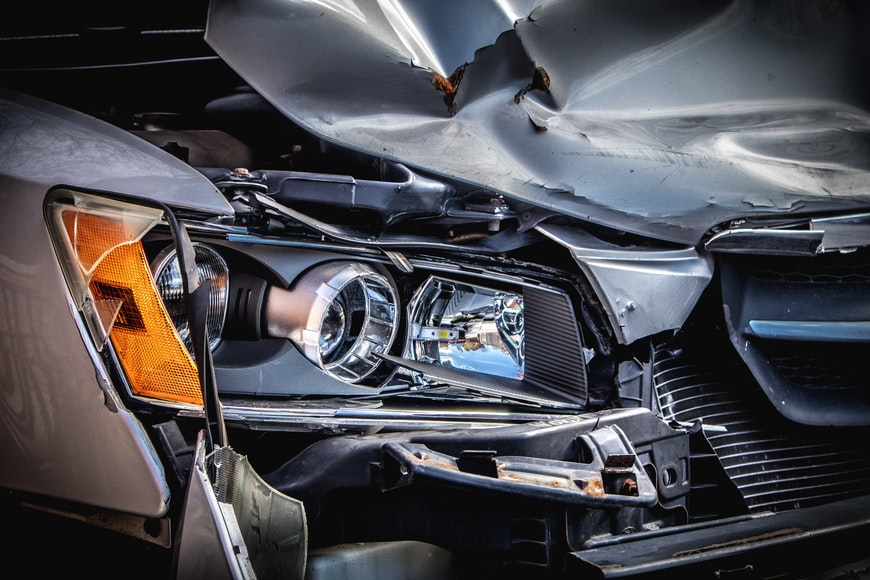Most people take Driving Under The Influence (DUI) cases too lightly and believe that they will not impact their lives. However, that is not the case, and people learn this the hard way. DUI has a major impact on an individual’s life who has been charged with DUI.
What Is DUI?

DUI is a crime in any state for a motorist or a car operator who has been driving their auto vehicle under the effect of alcohol or drugs. According to law, this kind of offense is called Driving Under The Influence (DUI).
Upon the conviction of a DUI, you will receive a criminal sentence and will be punished accordingly. Depending on the severity of the case, you might be charged a fine or put in jail.
To better understand DUI cases, you must know your state laws. For instance, if you live in DC, you need to be aware of DUI laws in DC. This will help you take the right action after you have been convicted of DUI charges.
In such scenarios, one of the best courses of action will be to call your lawyer and let them handle the situation.
How DUI Cases Affect Your Life?
Being charged with DUI offenses puts you in the category where you can be charged with a number of criminal offenses. A person who is pulled over and cured with DUI will suffer many consequences.
Most drivers are aware of the consequences. It includes:
- Suspense license.
- Jail time.
- Increase in your auto insurance premium.
These reasons are more than enough to show how impactful DUI can be on your life.
1. Education
Many colleges and universities ask their applicants whether or not they have any conviction charges. If the state considers DUI as a crime, they need to answer YES. Likewise, a DUI charge can cost students scholarships. This might pose a problem for the students to complete their college degrees.
2. Employment
There are several ways a DUI can impact a person’s professional career. If you are charged with a DUI, the employer can take action to terminate you. Furthermore, it limits your job options in the future.
Depending on the states, DUI cases can make you a criminal and revoke your professional license, such as an attorney, nurse, plumber, electrician, etc.
3. Revocation Of Driving License
One of the most critical impacts a DUI case can leave on your life is the revocation of your driving license. The normal tenure for revocation of a driving license is 90 days. However, depending on the severity of the charges, it can expand to six months or even years. Furthermore, if you continue to pile DUI charges, your license can be completely canceled.
4. Increased Insurance Rate
It is almost certain that followed by DUI charges; your auto insurance rate will increase drastically. In fact, if the severity of your charges is high, your auto insurance company can drop the insurance altogether. Without the insurance, you cannot drive your auto vehicle legally.
In addition, your personal health insurance also gets a hike in insurance premiums. Simply put, in the eyes of insurers, DUI is a risky element that puts not only the driver in danger but also the people around them.
5. Personal Life
A DUI case can ruin your personal relationship with your friends and family. Some states grant at-fault divorces in many cases, including DUIs. In addition, the judges might decide to give the custody of your children to your ex-life partner.
Furthermore, it ruins your reputation in society. Even though the charges were not severe, people around you started seeing you in a different light.
Takes Away Your Travel & Leisure
Most people already know the impact mentioned above, but there is another impact that goes unnoticed is the restriction on entering other nations. Yes, you read it correctly. When you apply for a visa, your DUI charges are gone through during the background checks. Many countries do allow any individuals with past DUI cases to enter the nation.
Read Also:























